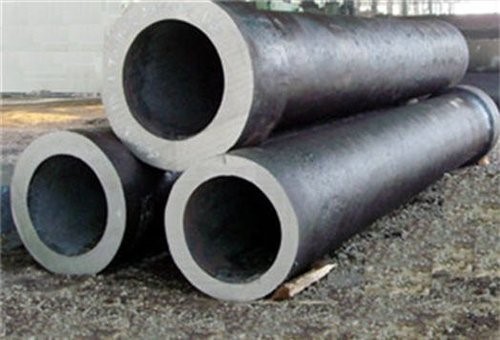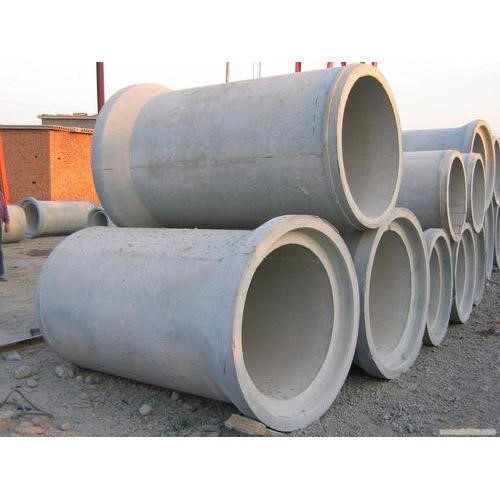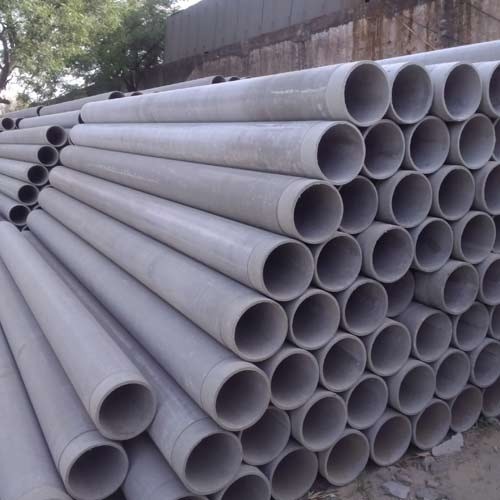CAST IRON SEWERS
When choosing sewage materials, the following elements should be carefully taken into account.
- Price: The price should be fair and reasonable.
- Sturdiness: The substance should be sturdy.
- Imperviousness: The sewer’s construction material must possess this property.
- Abrasion Resistance: The material must be sufficiently resistant to abrasion brought on by grit moving at a high speed.
- Corrosion resistance: Due to the sewage’s corrosive properties, the material should be able to offer corrosion resistance.
- Weight: To facilitate handling and transportation, the material should be moderate in weight.

CEMENT CONCRETE SEWERS
The sewers made of cement concrete might be conventional or reinforced. Up to a diameter of 600 mm, ordinary cement concrete sewers are utilised; for diameters more than 600 mm, reinforcing is given.
ADVANTAGES:
- These are robust and resistant.
- A larger diameter is possible.
- The sewer’s interior surface is smooth.
- The interior surface of the structure should be lined with vitrified clay to protect it from chemical and erosive attacks.
DISADVANTAGES:
- It is challenging to transport and handle heavy objects.
- Carefully filled joints should be used

A.C.PIPES
Asbestos fibres and cement are combined to create these sewers. They come in sizes up to 900mm.
ADVANTAGES:
- Easy to cut and join.
- Durable and good resistance to corrosion.
- The inside surface is smooth.
- Light in weight and hence easy to handle
DISADVANTAGES:
- Brittle and cannot stand impact forces during handling operations.
- The structural strength is poor and hence cannot be laid to resist heavy external loads

